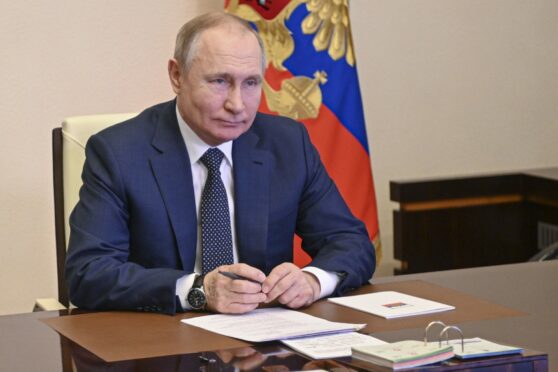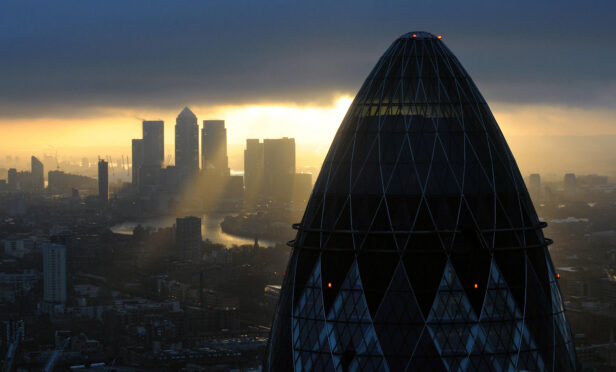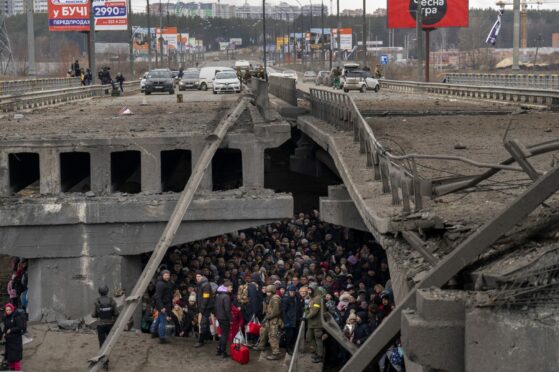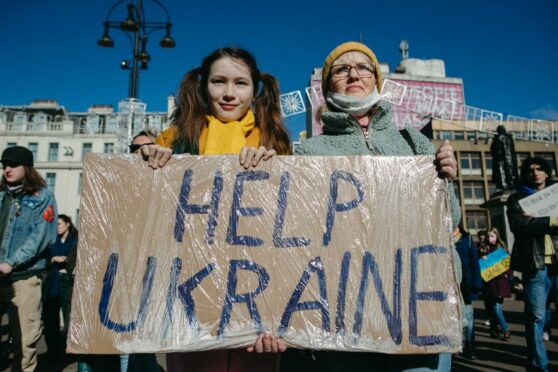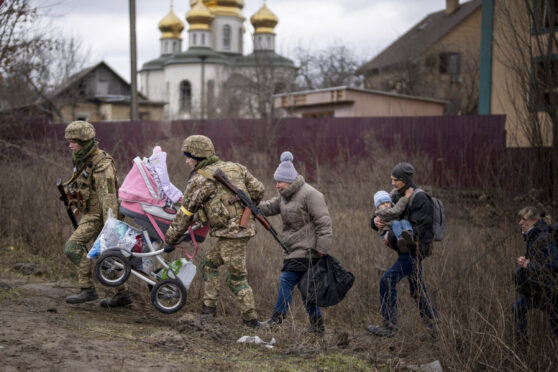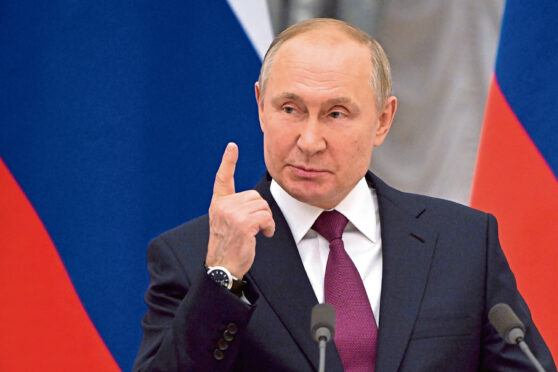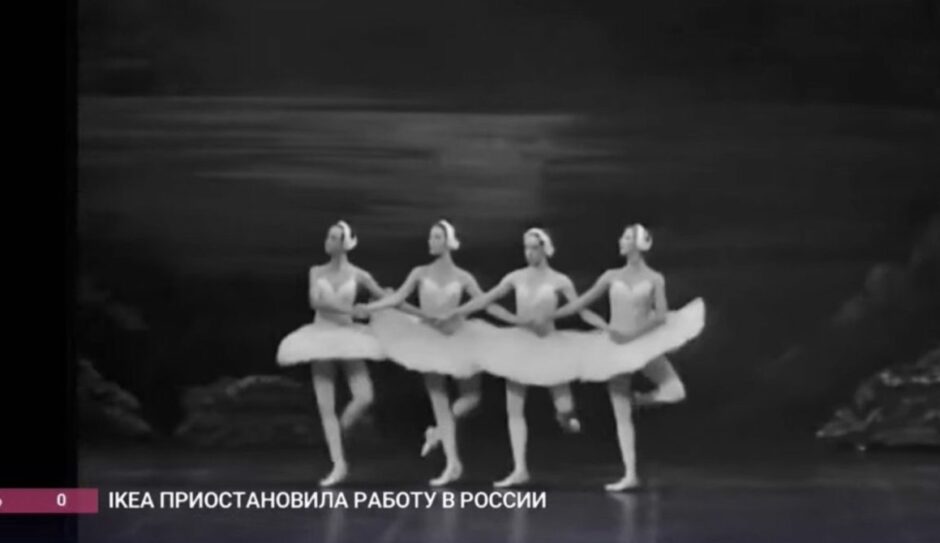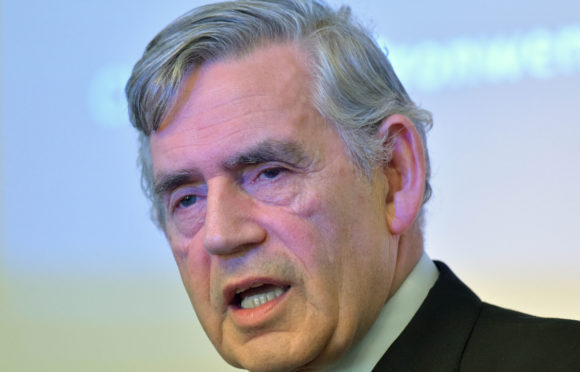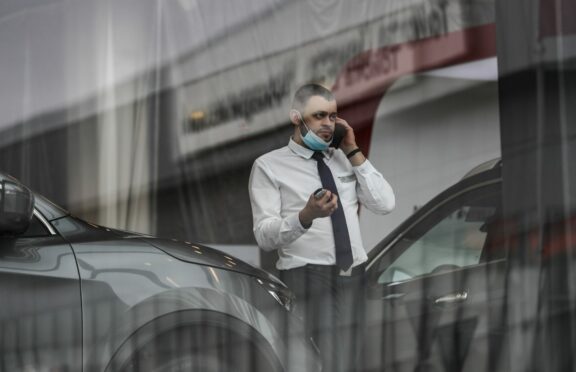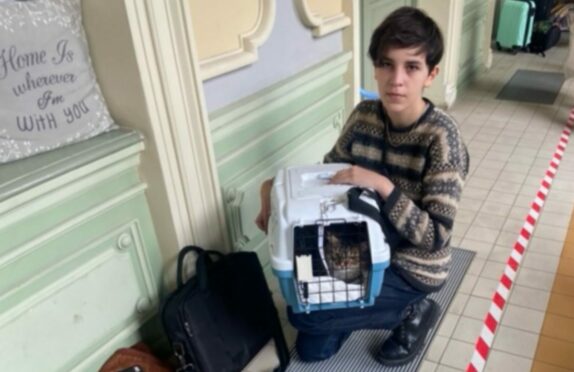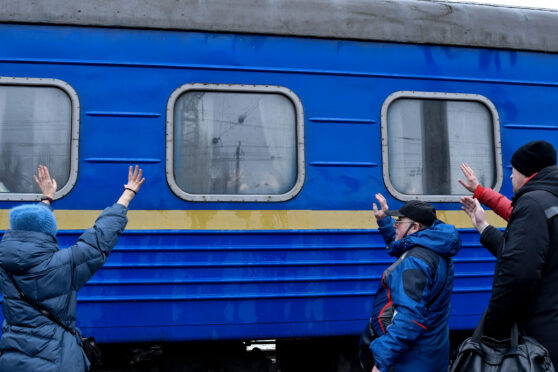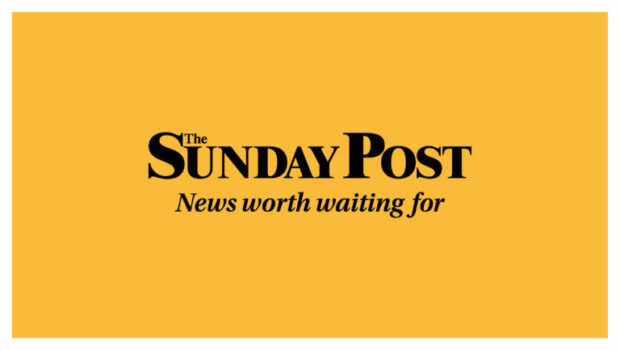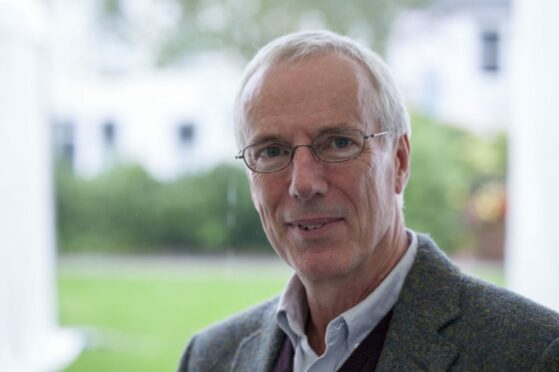
One by one, the last lights of freedom have gone out in Russia. For anyone, like me, who can still remember the darkest days of the communist Soviet Union, Vladimir Putin’s crackdown on independent news sources is uncannily familiar.
Living in the USSR in the 1990s, at the height of the Cold War, I got all my news from a crackling transistor radio. Russian friends would tune in, late at night, to the BBC Russian Service, or Voice of America, to hear the truth about their own government’s actions.
At moments when the Kremlin needed to blot out all truth, they turned on jamming stations that obliterated the radio signals from the West. Luckily, the jammers had a short range, so people jumped into their cars with their transistor radios and headed for the countryside, where they could hear about arrests of dissidents, or the invasion of Afghanistan.
Controlling information was in the hands of the KGB. And Putin is steeped in KGB practices. These days it is the internet, not shortwave broadcasts, that can permeate the shield that the Kremlin has thrown around Russia to conceal the truth about its war against Ukraine. So last week, it blocked the Russian-language websites of the BBC and other foreign news sources.
At home, there were just two independent broadcasters – Echo of Moscow, a radio station, and Dozhd (Rain), a television station. On Thursday I watched the final hour of broadcasting on TV Rain. Shivers went down my spine. The broadcasters – presenters, journalists, producers – all gathered around the studio camera to say farewell. Some had already fled the country for safety, and joined the “party” by Zoom.
The editor described the station as an “island of normality” in Russia that was now going under. Russia is no longer, in any sense of the word, a normal country.
The pretext for closing down the free media was that they were supposedly giving “fake news” about the war in Ukraine. For a start, they were using the words “war” and ”invasion”. The Kremlin has made it illegal to describe their “special military operation” with these words.
On Friday the Kremlin went further, making the spread of “false news” about the Russian armed forces (that is, calling the war a war) punishable by 15 years in jail.
By the evening another shutter closed. A friend who works for the BBC in Moscow messaged me to say the broadcaster was having to close its entire operation in Russia for the safety of its journalists.
My friend wrote: “Our younger colleagues are already on their way out of the country. Some, however, cannot leave their families behind, so they are staying.” Staying – in a city where they can be jailed now for using the wrong words to describe a war.
Putin’s Russia is now worse than the USSR. Even the communists did not stop foreign journalists from reporting.
The BBC has restarted shortwave broadcasting. It’s back to the future – the truth crackling from radios in the dead of the night.
Yesterday, Novaya Gazeta, the last remaining free newspaper, announced on its Instagram page that it was “temporarily” ceasing publication. But the editor vowed that they would be back soon. The bravery of these young journalists is incredible.
There are now rumours that martial law will be declared, possibly in time to prevent a nationwide wave of protests planned for today. The net continues to tighten but it should be clear to everyone: only a government that knows it is committing a terrible crime would go to such lengths to hide the truth from its own people.
Angus Roxburgh is a former BBC Moscow correspondent

Enjoy the convenience of having The Sunday Post delivered as a digital ePaper straight to your smartphone, tablet or computer.
Subscribe for only £5.49 a month and enjoy all the benefits of the printed paper as a digital replica.
Subscribe